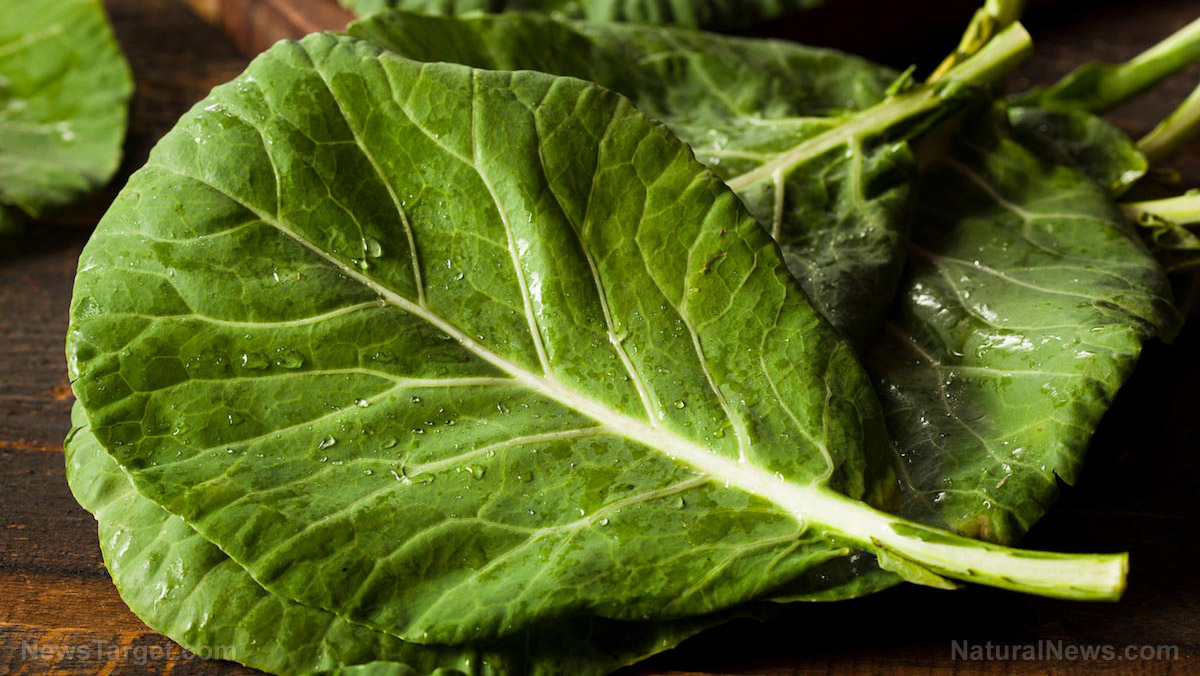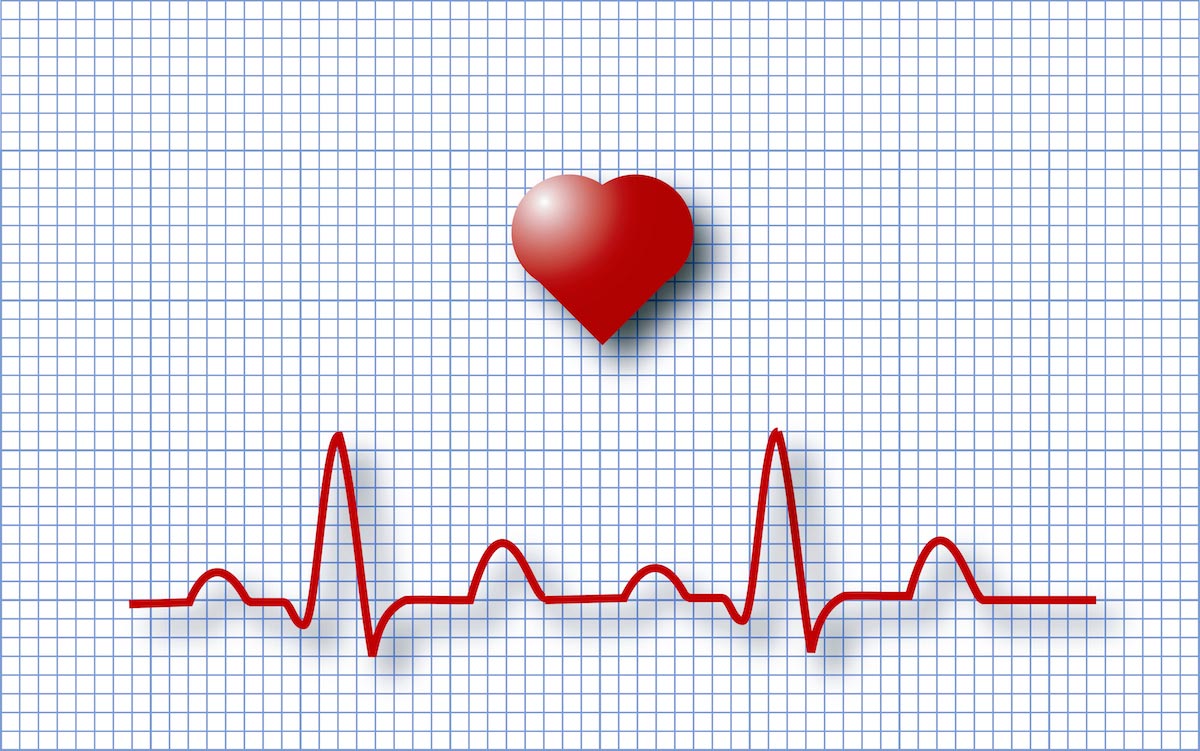Protect yourself from big city air pollution by taking these essential vitamins
03/14/2019 / By Tracey Watson

The World Health Organization (WHO) calls air pollution “the world’s largest single environmental health risk.” With over 90 percent of the world’s population living in areas where they are exposed to unsafe levels of pollution, a solution is desperately needed. While simply preventing the pollution is the obvious and logical solution, that is simply not likely to happen anytime soon. Now, researchers from Columbia and Harvard Universities may have found a way for people to mitigate the risk of air pollution on an individual basis, simply by increasing their intake of certain B-vitamins.
For the study, which was published in the journal Proceedings of the National Academy of Sciences (PNAS), researchers first gave 10 physically healthy volunteers aged between 18 and 60 a placebo while exposing them to clean air. They then exposed these same volunteers to air containing high levels of PM2.5 – very fine particulate matter with a diameter of less than 2.5 micrometers that can lodge deep in people’s lungs, causing both lung and heart issues. At the same time, the volunteers were taking a daily supplement containing 1 mg of vitamin B12, 50 mg of vitamin B6 and 2.5 mg of folic acid.
Scientists have determined that air pollution damages health by altering vital genes in the immune system, switching them on or off at the epigenetic level, thereby weakening our defenses. When the researchers studied the effects of taking the B-vitamin supplement, they found that it reduced this damage to the immune system at 10 vital gene locations by between 28 and 76 percent. It also reduced the damage caused by PM2.5 to the mitochondrial DNA.
“Where we quantify the effect, it is almost close to a complete offset on the epigenome of the air pollution,” said the study’s lead author, Jia Zhong of the Harvard School of Public Health. “On the mitochondrial DNA side, it also offset a big proportion of it.”
This is by no means the only benefit of increasing your daily intake of B-vitamins. They also reduce your risk of stroke, increase energy, promote growth, prevent anemia and protect mental health. Folic acid, or folate, is also particularly important for pregnant mothers, as it is vital for the healthy growth and development of the baby. And we’ve all been told at some point to load up on B-vitamins when we’ve been going through a particularly stressful time.
Some other ways to protect yourself and your family from the damaging effects of air pollution include:
- Check daily air pollution forecasts for your area, and stay indoors when levels are at their worst;
- Choose to exercise indoors rather than out when pollution levels are high;
- Never exercise near high-traffic areas – choose a run in the park or a brisk walk on a nature trail instead; and
- Don’t ever smoke indoors (or better yet, quit smoking altogether).
We can also all do our part to reduce air pollution. Some suggestions are:
- Use less energy in your home, as generating electricity adds to air pollution;
- Rather than always using your vehicle to get to work, try walking or biking, or see if you can get some friends to carpool with you;
- Try to use an “old-school” hand-powered lawnmower if at all possible; many lawnmowers are even more damaging to the environment than vehicles; and
- Avoid burning wood or trash, as this sends thousands of particles into the air in the form of soot.
Until we all figure out a better way to get rid of existing air pollution and prevent its generation in the future, it might be a good idea to stock up on a good quality B-vitamin supplement, and increase your intake of green vegetables, dairy, meat and whole grains.
If you are interested in other ways to help clean up the environment, be sure to visit Environ.news.
Sources include:
Tagged Under: air quality, b vitamins, folate, folic acid, prevention, smog, supplements, Vitamin B




















